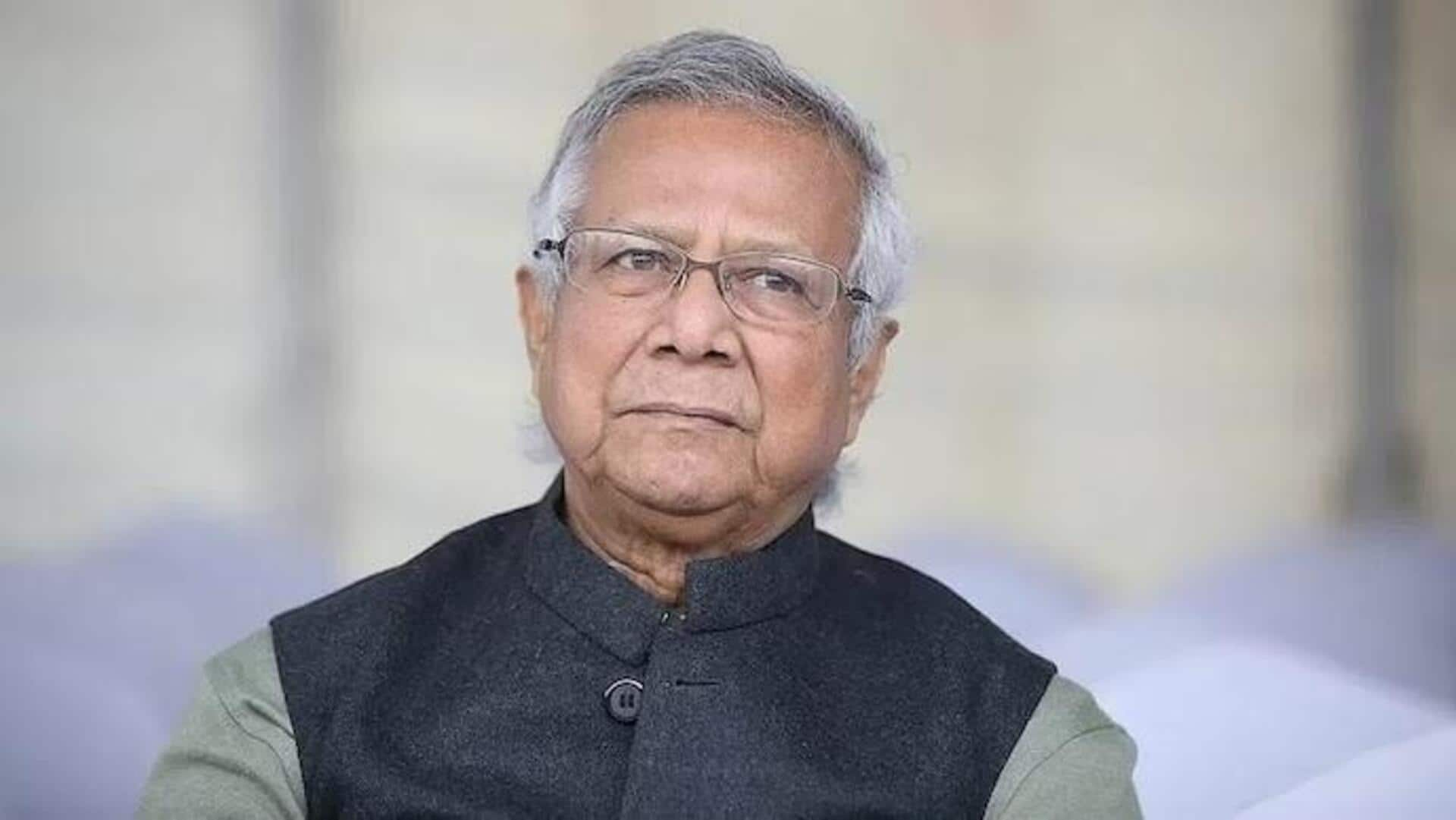
Nobel laureate Muhammad Yunus gets jail in Bangladesh: Here's why
What's the story
A court in Bangladesh has sentenced Nobel Peace Prize laureate and Grameen Bank founder Muhammad Yunus to six months in jail. Alongside three colleagues, he was found guilty by Dhaka's labor court of alleged labor law violations. The charges include not distributing 5% of the company's net profit among employees, failing to regularize 101 staffers, and not compensating workers for public holidays. However, all four deny the accusations, while organizations like Amnesty International have criticized the case as politically motivated.
Context
Why does this story matter?
Yunus and his bank pioneered the concepts of microcredit and microfinance and were jointly awarded the 2006 Nobel Peace Prize. However, he was forced off Grameen Bank's board in 2011—a move allegedly orchestrated by Bangladeshi Prime Minister Sheikh Hasina, who accused him of "sucking blood" from the poor. Yunus had been at odds with her since 2007 when he reportedly made "a brief foray" into Bangladesh's highly polarized politics. He challenged his removal in the country's highest court but lost.
Details
Yunus, lawyers respond to court verdict
Following the latest verdict, Yunus reportedly stated he had been punished for a crime that he hadn't committed. "If you want to call it justice, you can," The Guardian quoted him as saying. His lawyer, Abdullah Al Mamun, termed the verdict as "unprecedented" and against the justice system. Another attorney, Khaja Tanvir, called the case "meritless, false, and ill-motivated," adding that its sole aim was to "harass and humiliate [Yunus] in front of the world."
Insights
Ongoing legal challenges and political tensions
Yunus faces over 100 other charges related to alleged graft and law violations. His public profile and popularity have allegedly earned him the hostility of Hasina, who once accused him of "sucking blood" from the poor. In 2007, Yunus announced plans to establish his "Citizen Power" party but abandoned the idea. After Hasina returned to power in 2008, Yunus was hit with numerous criminal cases and a smear campaign led by a state-led Islamic agency accusing him of promoting homosexuality.
About
Know about Yunus, Grameen Bank
Yunus (83)—a Fulbright fellow who studied in the United States—is known as the "banker to the poorest of the poor" as he provided small loans to rural women in Bangladesh. He founded Grameen Bank in 1983, which has since helped millions escape poverty and inspired similar initiatives in other developing countries. After receiving the Nobel Peace Prize for his efforts, he allegedly became a target for political rivals, including Hasina, who is known to crack down on her political dissents.
Facts
Yunus's achievements and influence
Despite these legal challenges, Yunus has received numerous high honors for his work, including a United States (US) Presidential Medal of Freedom awarded by former President Barack Obama. Grameen Bank now has over nine million clients, with 97% of its borrowers being women. Interestingly, Yunus credits his mother as his biggest influence and remains committed to fighting poverty. His innovative approach to microfinance has left a lasting impact on the lives of millions around the world.